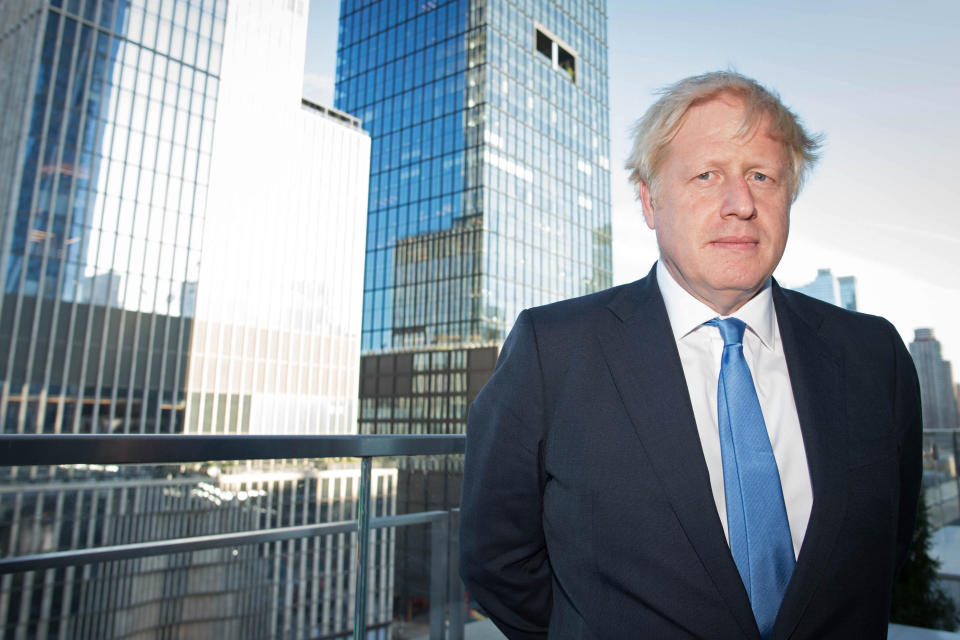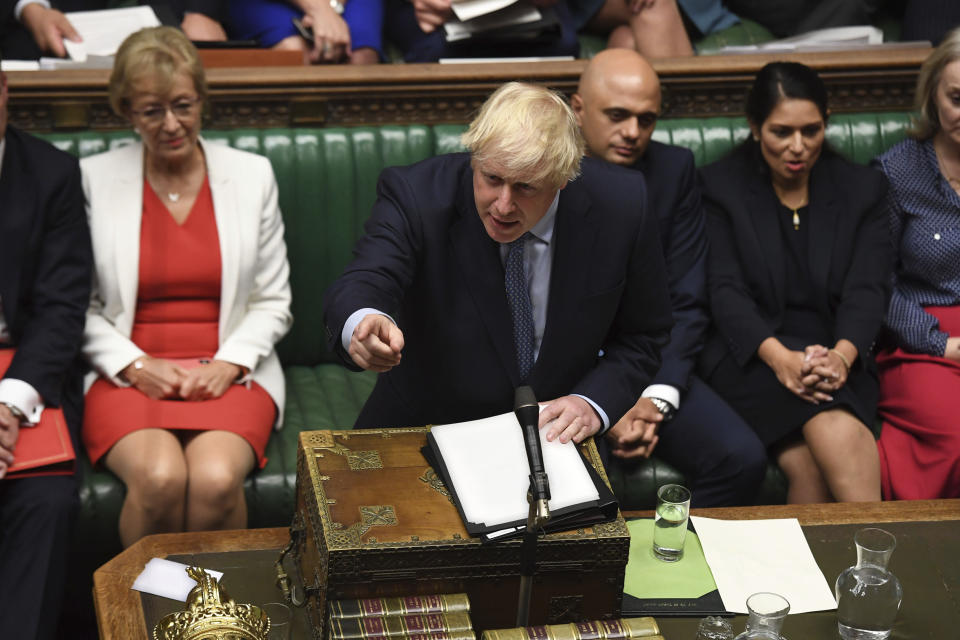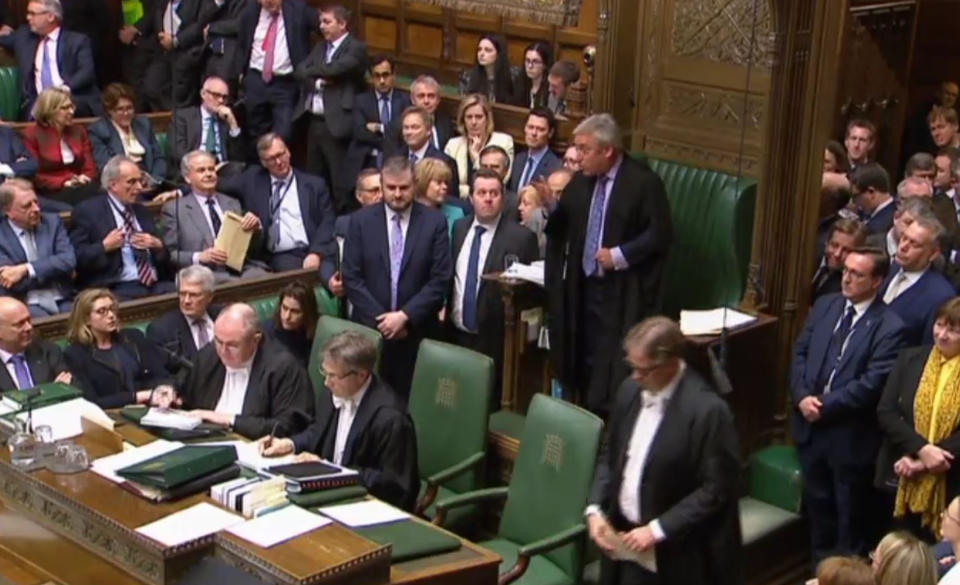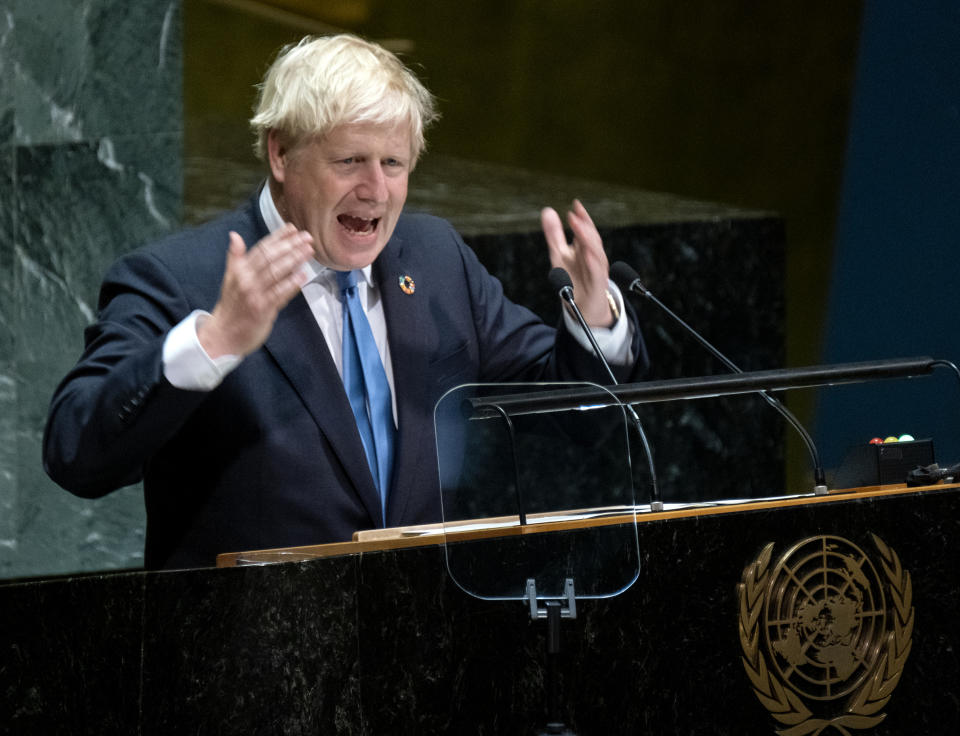The contradiction at the heart of Boris Johnson's Brexit plan

Boris Johnson has promised to take the UK out of the EU on 31 October with or without a deal - but there is a major contradiction lying at the heart of his Brexit plan.
The Prime Minister has repeatedly promised to deliver Brexit on Halloween - “no ifs, no buts”.
Mr Johnson said he would rather be “dead in a ditch” than seek a fourth extension to Article 50 from Brussels.

But at the same time, the embattled Tory leader has promised to obey the rule of law - and that includes recent legislation requiring him to delay Brexit rather than leave without a deal.
As a result, the Prime Minister’s approach to solving the Brexit impasse is held back by one major contradiction.
What is Boris Johnson's Brexit plan?

Mr Johnson has maintained that he would rather the UK leave with a deal on Halloween that without one - but he has continually butted heads with Brussels over the issue of the Irish backstop.
On September 16, the EU said the Prime Minister must come up with a fresh Brexit deal in 12 days or face leaving without one.
Mr Johnson is demanding the Irish backtop - the mechanism to prevent a hard border between Ireland and Northern Ireland - is removed from the Withdrawal Bill entirely - despite various figures, including European Parliament president David Sassoli, saying there will not be a deal without a backstop.
The EU has also rejected the UK’s plans to replace the backstop.
Read more
Boris Johnson ignores John Bercow and walks out of Parliament
How the newspapers covered the latest chapter in the Brexit saga
Jo Swinson reveals she has called in police over threat to her child
On Thursday, the EU’s Brexit coordinator Guy Verhofstadt, reiterated the comments.
He tweeted: “After meeting Michel Barnier this morning, Parliament reiterates the need for a legally operational solution to the situation Brexit created in N-Ireland.
“To preserve consumer safety, to protect our businesses and preserve the peace. So far UK proposals fall short on all 3 fronts.”

Despite Brussels’ stance, Stephen Barclay is to meet Michel Barnier on Friday for crunch talks.
After meeting Mr Barnier earlier in September, the minister said: “There is a shared desire reflected in the meeting today to secure a deal.
"There is a clear message from (European Commission) President Juncker and from the prime minister that a deal is doable.”
What happens if he doesn't get a deal?

The new bill passed through Parliament - known as Benn’s law - requires Mr Johnson to seek an extension if a deal hasn’t been agreed.
The law will force the PM to seek a delay on Britain’s exit until 31 January 2020, unless a deal or no-deal exit is approved by MPs by 19 October.
A majority of MPs have clearly said no-deal should be removed from the negotiating table

Mr Johnson reportedly told Tory members he was willing to ignore the legislation, writing: “They just passed a law that would force me to beg Brussels for an extension to the Brexit deadline. This is something I will never do.”
But if the Prime Minister doesn't secure a deal, it's not clear how he could dodge asking for an extension without breaking the law.
The ex-director of public prosecutions, Lord MacDonald, said if the prime minister did not comply with a new law compelling him to extend the October 31 deadline he could be in trouble.
Lord MacDonald told Sky News: "A refusal in the face of that would amount to contempt of court which could find that person in prison.”

 Yahoo News
Yahoo News 
